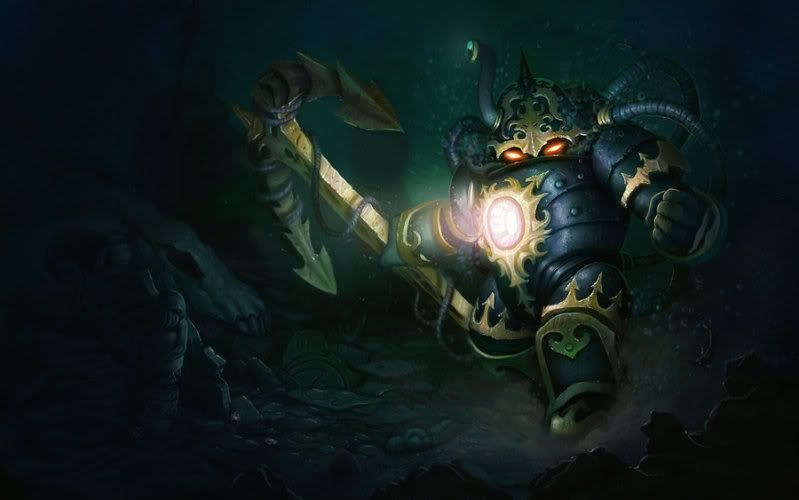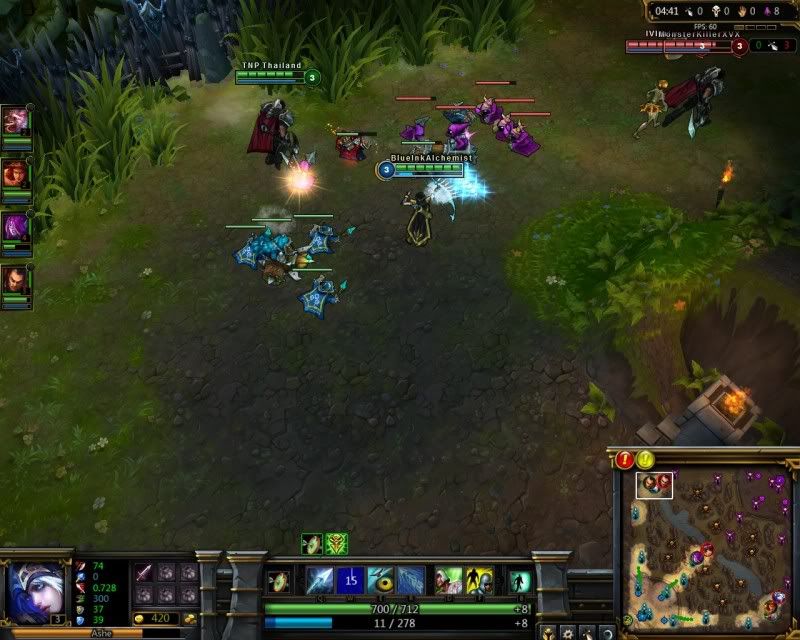
I know there are a lot of people who consider “free to play” a dirty word. Or a dirty series of words. A dirty turn of phrase? Anyway, they don’t like it as a concept. And I can understand why: it sounds like a bait-and-switch. A game like League of Legends or Hearthstone or Jetpack Joyride or Clash of Clans is free to download, sure, and yes, there are ways to play that require zero financial investment. But to really compete, or even enjoy the game? Only the first hit’s free, friend.
There are a few instances where this is true. However, not every free-to-play game is pay-to-win. A bunch of folks on message boards will certainly contend that idea. “So-and-so is just pay-to-win bullshit,” regarding some of the games I’ve mentioned. But are they really? I can only speak to gaming experienced I’ve had personally, or am having, but I’d like to think that even with my own experiences, I can contend the points being made by others in a professional, semi-objective manner, without degenerating into name-calling and insults regarding someone’s mother.
League of Legends, and to a similar extent Heroes of the Storm, alleviate their barrier for entry (i.e. paying for the in-game characters players want to use) with a rotation of free characters that changes from week to week. On one level, this means that folks unwilling or unable to invest in the game always have something to try out. On another, it allows those with discretionary spending habits to try before they buy. One of the things I like about the store in Heroes of the Storm is that quick, helpful descriptions of each hero appear when you select them, including what role they fulfill, how they do their combat, and a general level of difficulty in playing them. It makes me more inclined to play the game, actually, since I have a notion of what I’m in for when I try someone out.
Hearthstone is happy to provide you with a brace of basic cards as soon as you get into the game for the first time. And while you might not think it possible, you can put together decks with these cards that actually win games, at least well enough on the ladder to earn you the monthly card back. Decks that have been constructed with Legendary minions and following guides do, in fact, lose to decks built with basic cards from time to time. Such is the nature of a card game with randomization elements like, say, shuffling.
As for the mobile games I’ve mentioned, money tends to get you acceleration rather than outright wins. You can achieve your goals for free, but it takes a long time. It’s more a test of patience than anything else. While I have yet to spend a dime on Clash of Clans, I’m also to a point that I want things like upgraded Barbarians and Wizards NOW, dammit. Blast you, Clash!
I totally blame Liam Neeson.





